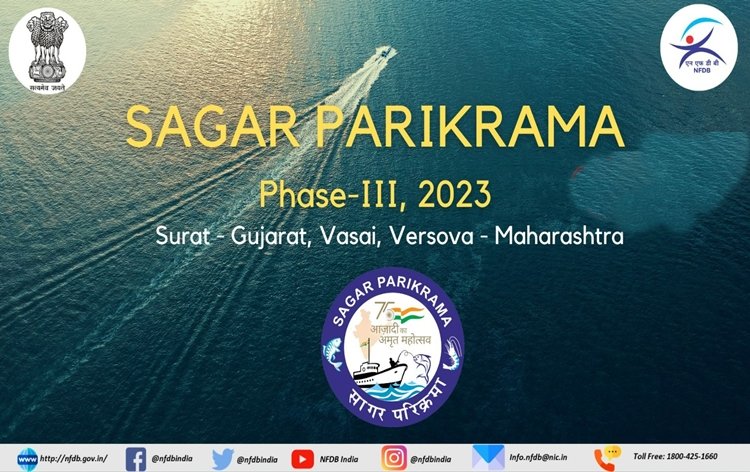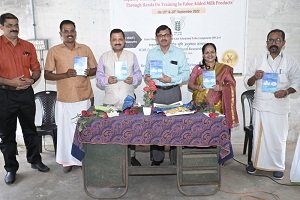Lenovo helps Kerala’s Kanthalloor revive lost millet varieties
Develops a tech-based prototype model for millet revival and helps establish market linkages
Lenovo, the global technology powerhouse, announced the successful culmination of its Work for Humankind Initiative, with six millet varieties making a comeback in Kanthalloor, Kerala. Branded Kanthalloor Millets, these six varieties will make their way to the kitchens and tables of local homestays and Anganwadi schools, as a result of Lenovo’s tech-based prototype model to revive millet cultivation, ease millet production processes and create market linkages.
An important milestone for the initiative was the setting up of the Lenovo Digital Centre for Kanthalloor Millets at the IHRD College for Applied Sciences, Kanthalloor, to ensure that the community had access to technology tools to succeed in the Project. The Centre has enabled digital access to the farming community and has emerged as the hub for important information relating to government schemes like state crop insurance, crop diversification schemes, subsidies, peer learning, and sharing insights on millet cultivation methods. Farmers in Kanthalloor today, use smartphones to access information and stay connected with the digital centre, volunteers, as well as the community.
Lenovo also announced a partnership with Samudra Network and Agri App, to digitize the agricultural value chain specific to millet farming in Kanthalloor. This includes crop detail tracking, digitisation of processing operations for quality control, and market catalogue creation.
Develops a tech-based prototype model for millet











